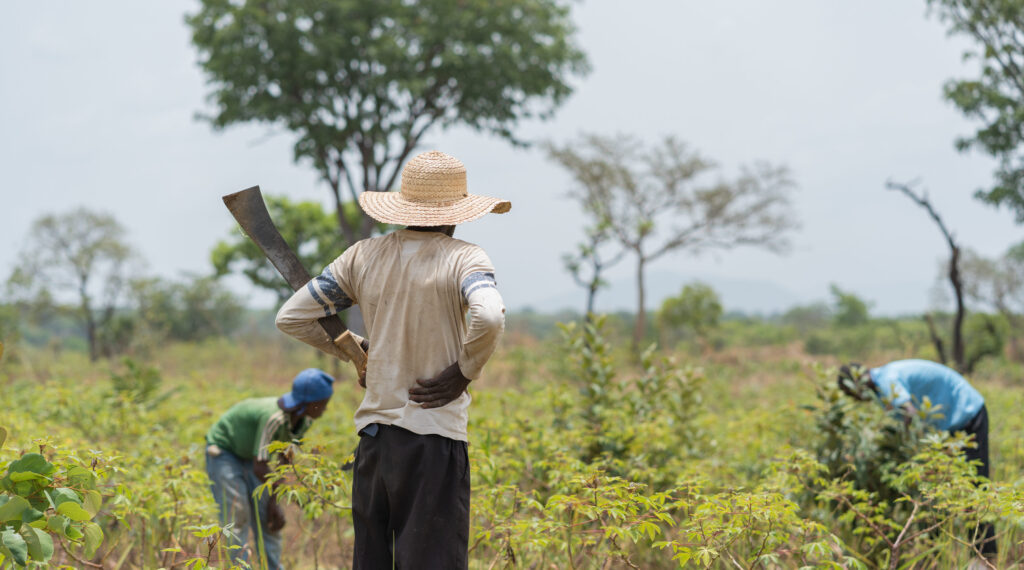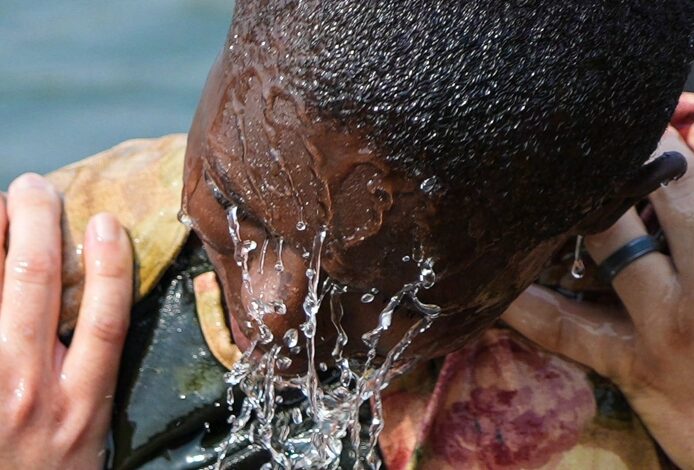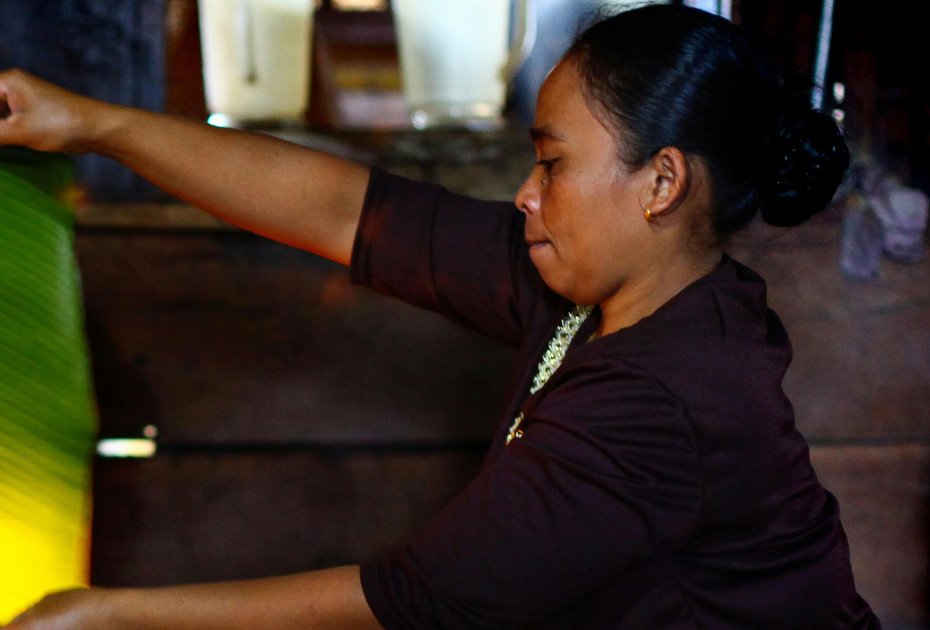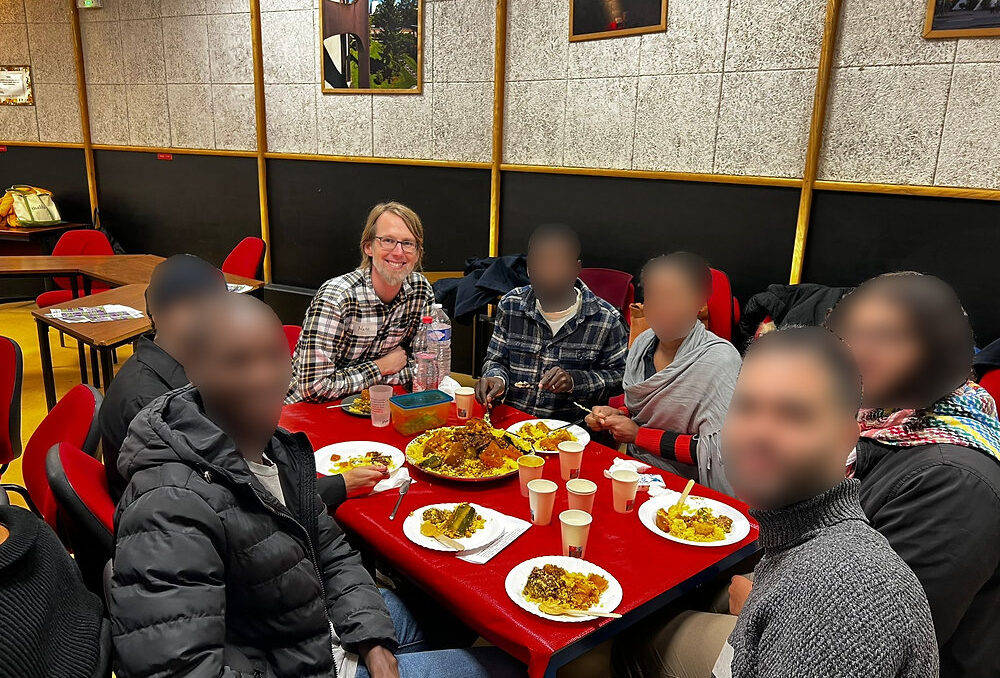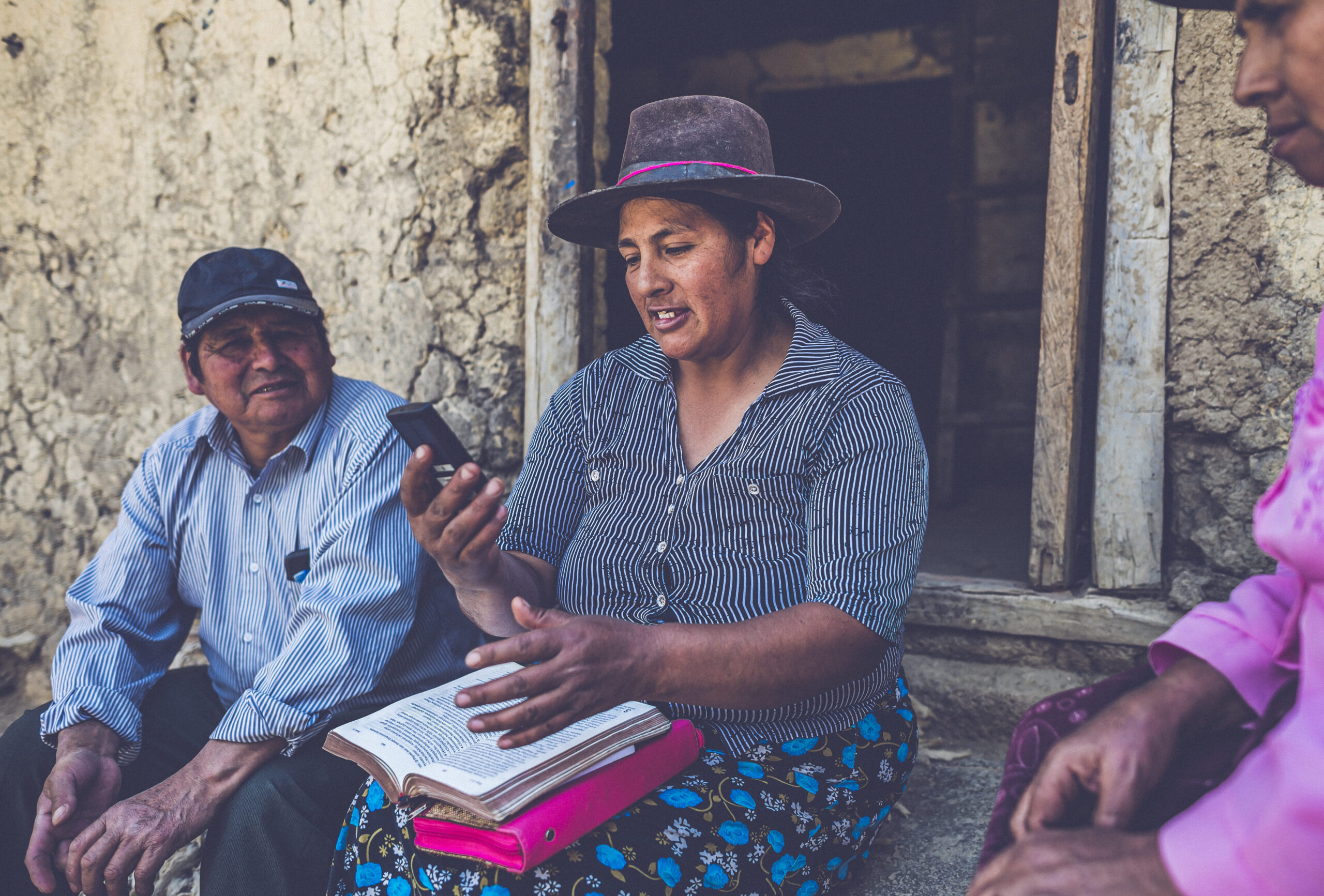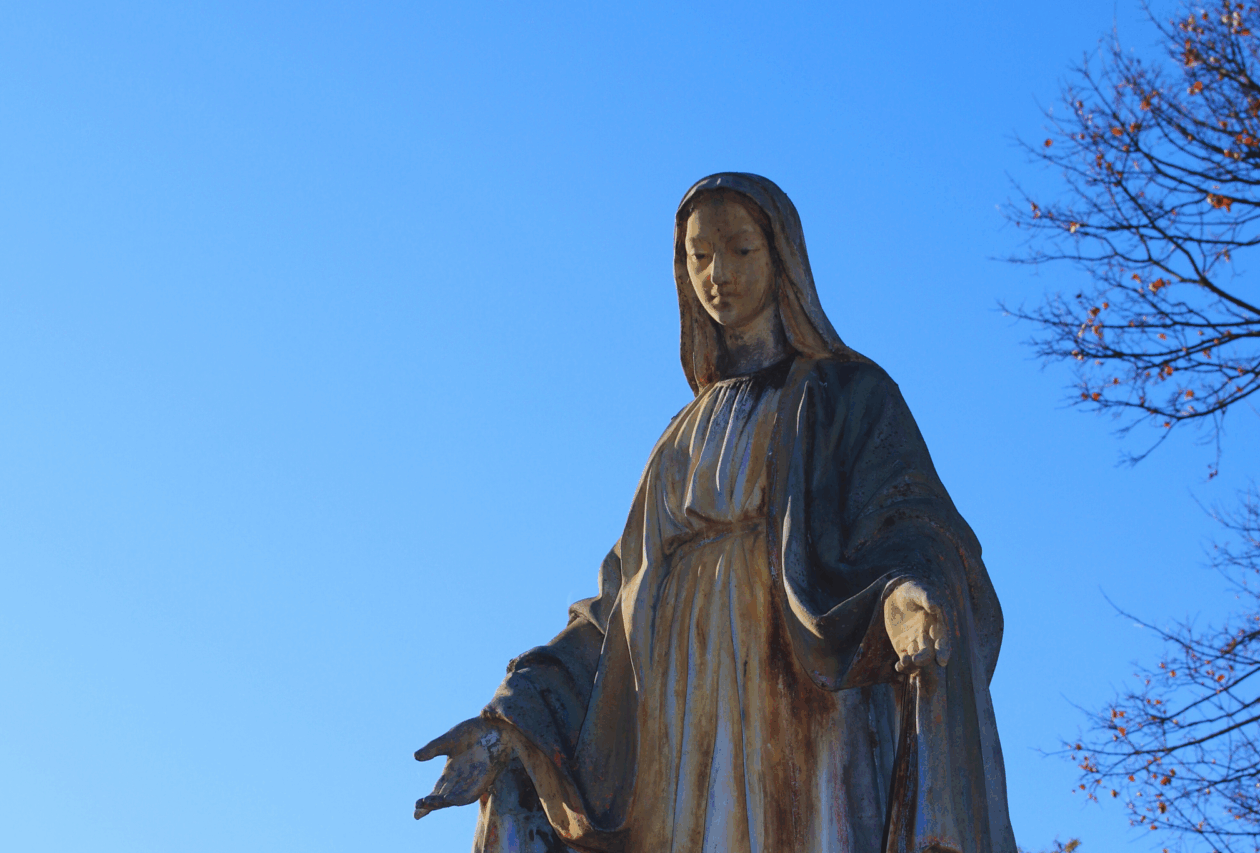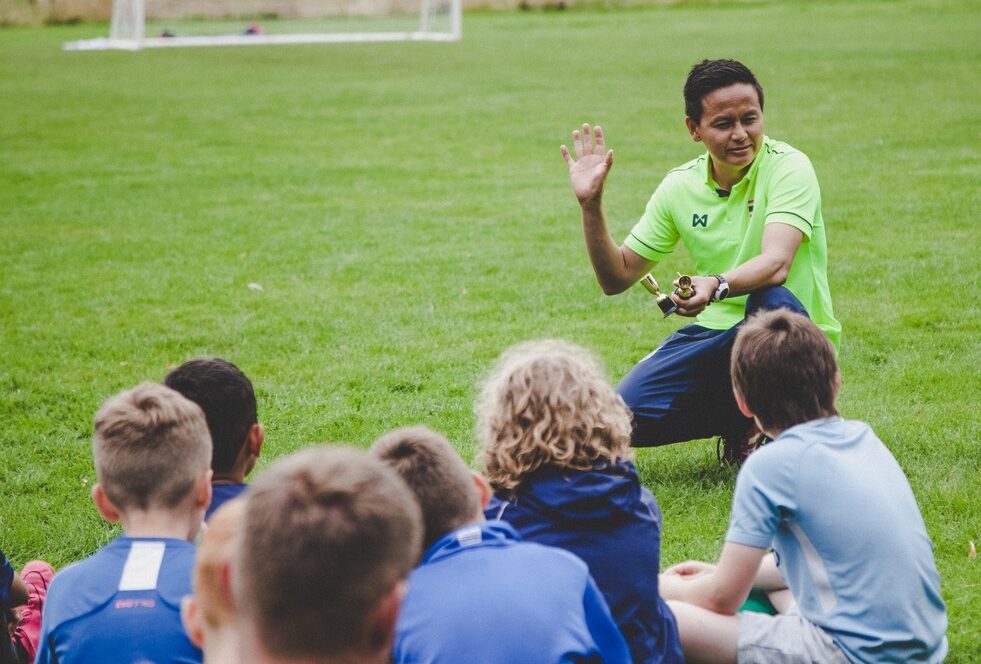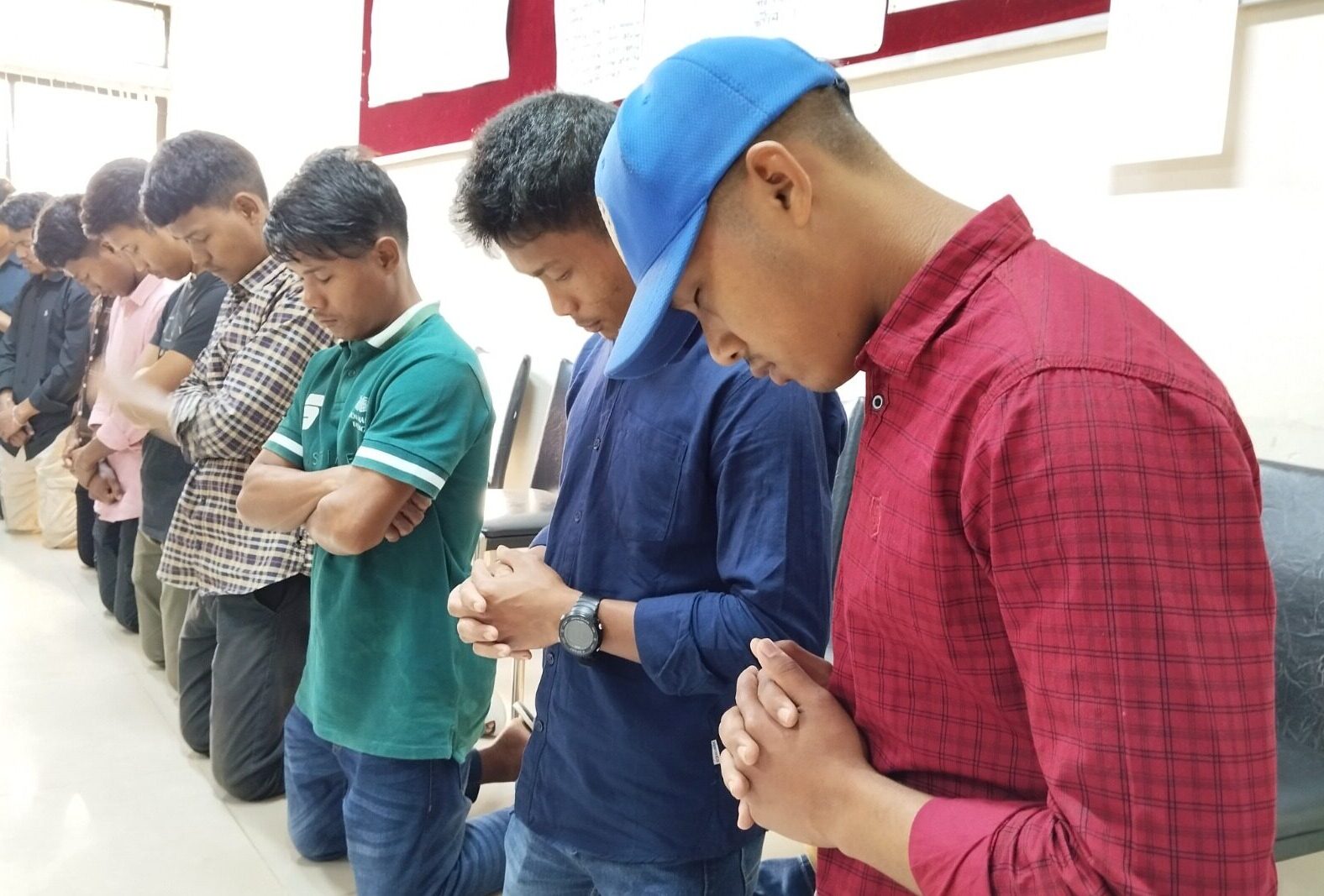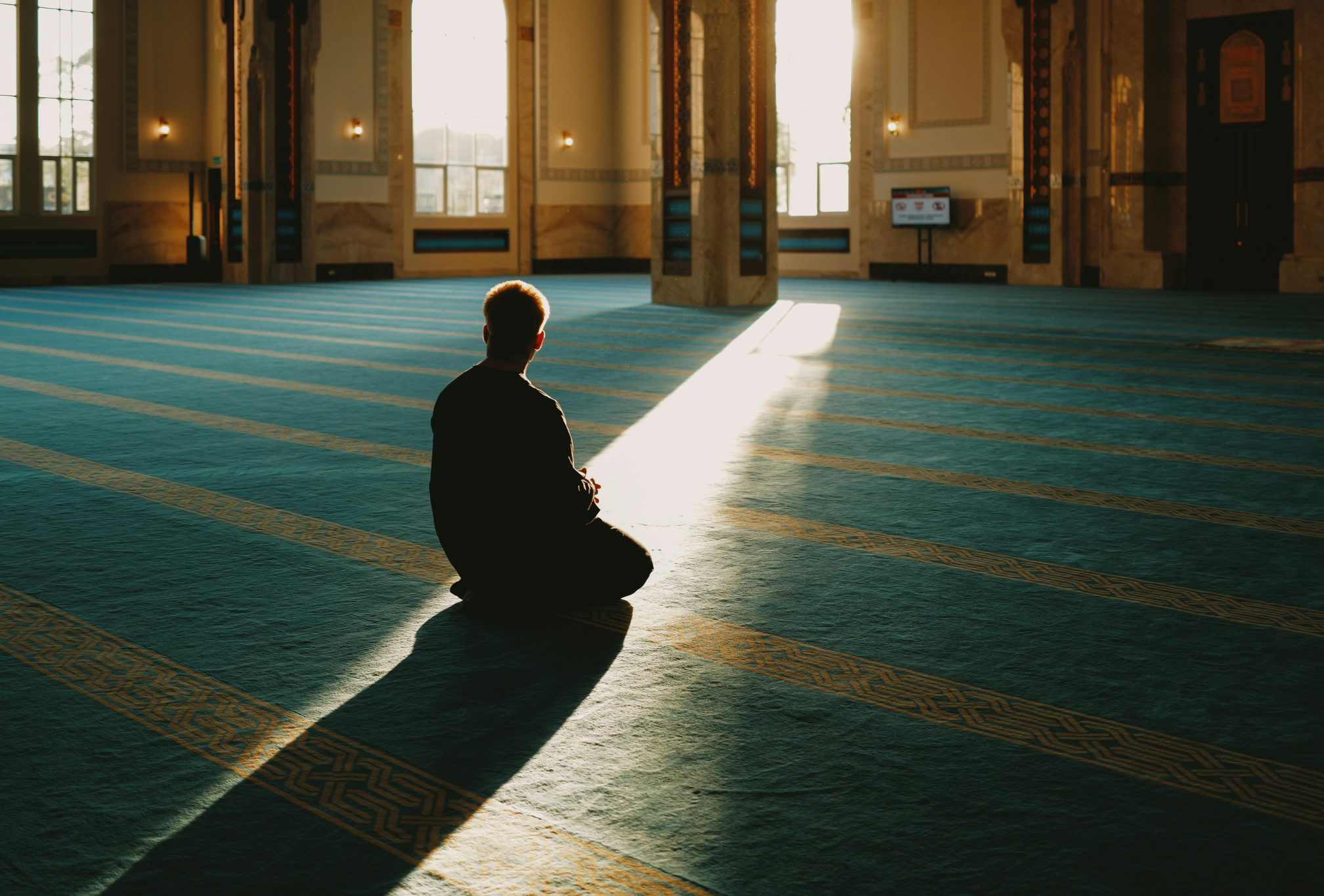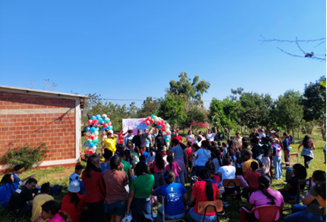Yakubu Balewa has a deep love for the Fulani people – a love borne of a profound understanding of Jesus’s command to make disciples of all nations.
Although not Fulani himself, he comes from one of the West African countries in which they move as cattle-owning nomads.
He has lived and worked among them for more than a decade, first with another organisation and now with SIM. Here, in an interview with Robert James, he shares some of the wisdom and knowledge he has picked up from building close relationships with many of them, always intent on sharing the good news of Jesus.
Q: Can you tell us a little about Fulani culture, especially their nomadic nature and connection to cattle?
YB: There are around 40 million Fulani, spread across West Africa and they are a unique people. They are generally quite shy and deeply respectful. Their culture emphasises honour and avoiding shame. They value elders and hold strong to traditions. They are extremely hospitable and seek to build relationships—but they’ll only open up to someone who’s taken the time to become close. Trust is slowly built over time. A special cultural practice is their deep care for cattle. If you visit a Fulani household, they expect that your greeting will extend to their cattle. That shows respect. They love their cattle dearly. They can be very protective of sacred spaces, especially places where they slaughter cattle, and may not let outsiders cross those areas. You’ll only begin to know a Fulani person’s heart after a long and meaningful relationship. It takes time, trust, and consistency. Fulani dialects vary by region, but they’re still recognisable to one another. Many Fulani are pastoralists, moving seasonally in search of pasture. During dry seasons, they migrate southwards, where grasses are plentiful for their cattle. In the rainy season, they return north. Their lifestyle keeps them in motion a lot of the time.
Nothing is impossible for God, and we’ve been given the mandate to go into the world and share the gospel.
Q: What are some challenges you face when working with the Fulani?
YB: One of the main challenges is with Fulani in urban settings. Many have been shaped by other cultures and don’t respond as attentively as those in rural villages. It’s harder to build trust with them—they’re less open at first. It takes extended time to understand them and earn their confidence. They value honesty and clarity. If they sense you’re not being straightforward, they’ll withdraw. With the more nomadic Fulani, sometimes we know when they’ll move and can plan ahead. They might tell community leaders about their travel schedule. When possible, we arrange visits for when they’re present. It would be wonderful if SIM could deploy mobile missionaries—those who move alongside them. Often, they leave behind elders and possessions, while younger ones travel with the cattle.
Q: What drew you to serve among the Fulani?
YB: Since I was young, I’ve felt a deep passion for engaging with the Fulani. Their way of life, their openness, and their disposition drew me in. Once I became a Christian, I was particularly passionate about helping the Fulani come to know Christ. Many of them are sensitive and willing to listen closely. They are thoughtful and attentive, and their culture is rich with wisdom and tradition.
They are thoughtful and attentive, and their culture is rich with wisdom and tradition.
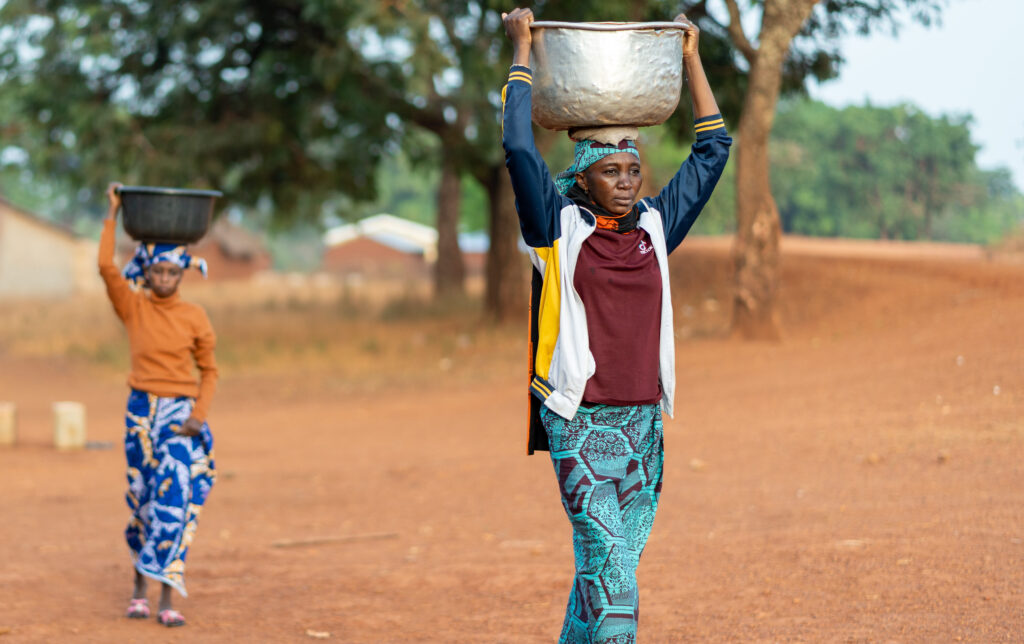
Q: What brings you joy in your work?
YB: The joy comes from being received so warmly by the Fulani. They extend incredible hospitality. Whether speaking with children or elders, they pay attention and listen closely. Their openness brings me joy. But again, trust takes time—relationships must be built patiently.
Q: What does your day-to-day ministry look like?
YB: When we visit villages, we sometimes join in with the local activities. But the main purpose is always relationship-building. We engage in conversation, share stories, and try to connect on a personal level.
Q: How have you seen God working in these communities?
YB: God is definitely moving, even if not always publicly. We’ve seen joy on their faces, and a desire to hear more. In one village, some young men gave their lives to Christ but their father, a respected elide, told them, “Because of my leadership role in this Hausa community, I can’t allow you to be Christians here. If you want to follow Christ, you’ll need to leave and go somewhere else.” It’s painful, but it shows the stirrings that are happening.
Please pray
- For Yakubu, that his heart would continue to burn for the Fulani and that God would bless his ministry richly
- For peace between the Fulani and other groups in West Africa
- For the word of God to impact the Fulani so that many more of them recognise Jesus as their Lord and Saviour

